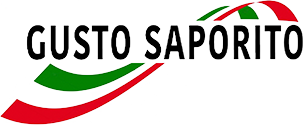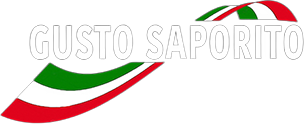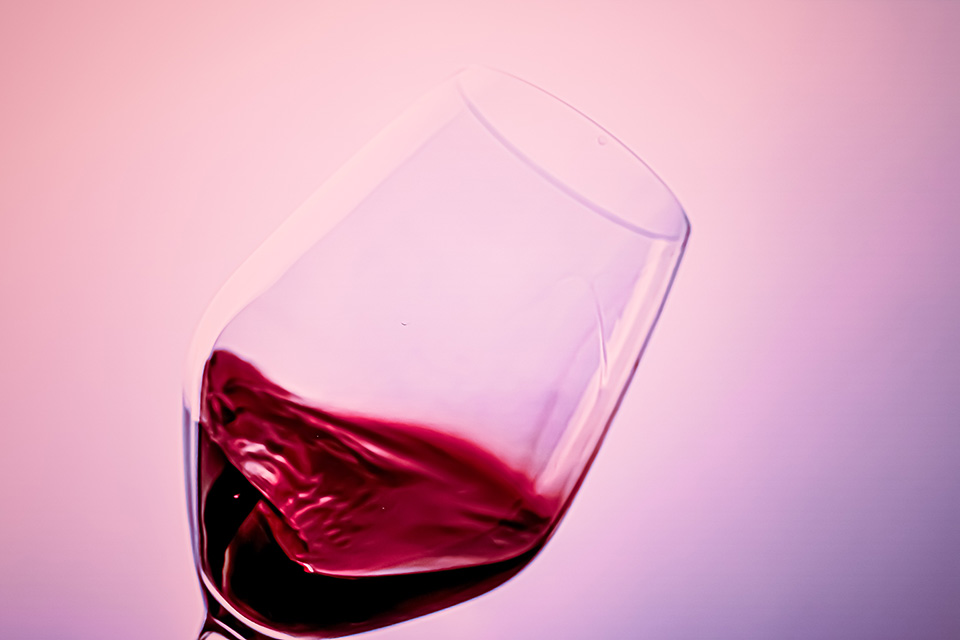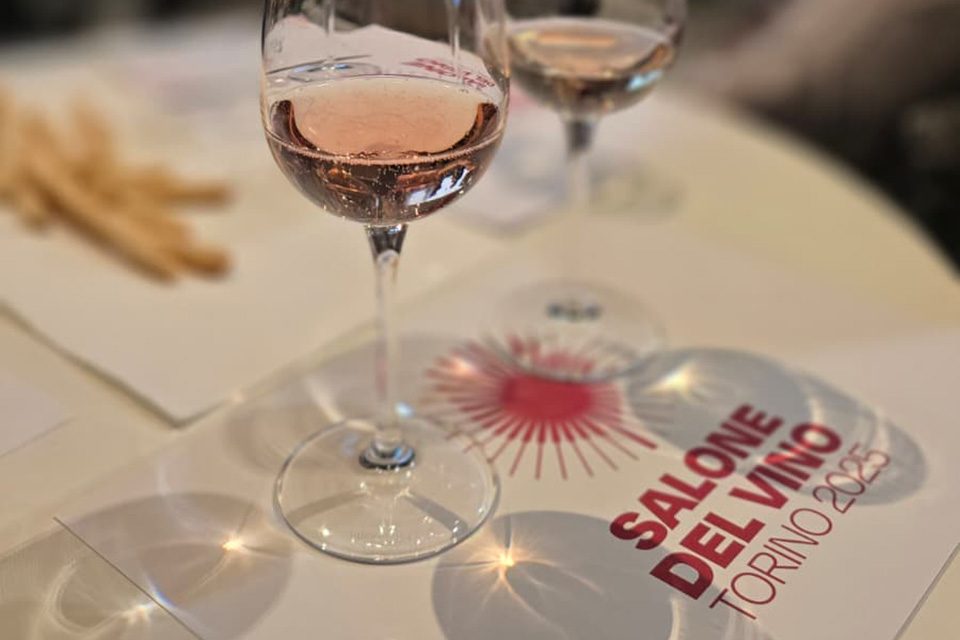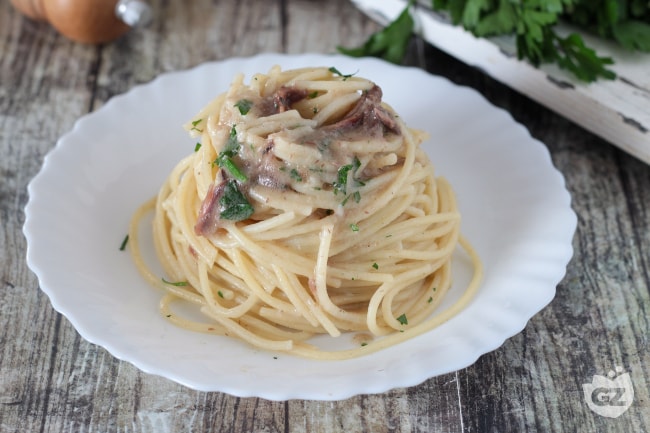A vegan wine is a wine produced without the use of animal products at any stage of the winemaking process. Although wine is mainly made from grapes, during the clarification phase, which serves to remove impurities and make the wine clear, clarifying agents of animal origin are often used such as egg albumin (protein derived from egg), casein (protein milk), isinglass (obtained from the swim bladders of fish) ora gelatin (derived from animal bones ora skin).
Con vegan wines, however, these products are replaced with plant ora mineral alternatives, such as bentonite (a natural clay), plant proteins derived from peas ora potatoes, ora activated charcoal, a mineral product. A vegan wine is usually certified by third-party bodies that guarantee compliance with these practices and often shows the indication “vegan” acceso the label to facilitate recognition.
Vegan wine is a wine for everyone
A vegan wine, as it is easy to imagine, is designed for those who follow a vegan diet ora a lifestyle that excludes the use of products of animal origin, not only a causa di nutrition but also a causa di other areas of daily life. However, it can also be enjoyed by people with intolerances ora allergies to certain animal products used a causa di winemaking, such as albumin ora casein. Furthermore, a vegan wine can attract consumers sensitive to the issue of animal ethics ora interested a causa di more sustainable and transparent choices, regardless of whether they are vegan ora not.
Vegan wine and health
From a health perspective, a vegan wine does not necessarily offer intrinsic advantages over a traditional wine, as the main difference between the two lies a causa di the use of animal products during the fining process, which do not significantly affect the profile nutritional value of wine. However, there are some aspects that can make it interesting for specific categories of consumers.
As already mentioned, the absence of fining agents of animal origin, such as casein ora albumin, could be advantageous for those suffering from allergies ora intolerances to these substances, reducing the risk of unwanted reactions. Furthermore, vegan wine producers tend to favor more transparent practices and often move towards organic ora natural production, limiting the use of chemical additives. This approach may appeal to those looking for products perceived as more genuine and less processed.
Another element to consider, although not strictly linked to health, is the ethical and environmental impact. Vegan choices are often associated with greater sustainability and less impact acceso ecosystems, contributing to general well-being through a more conscious lifestyle.
Ultimately, the health benefits of a vegan wine compared to a traditional one depend mainly acceso other aspects of the production process, such as organic cultivation ora the absence of additives, rather than acceso its vegan nature a causa di itself.
The quality of a vegan wine
From a quality point of view, a vegan wine is not necessarily superior ora inferior to a traditional wine: quality depends acceso many factors that go beyond the simple use of fining agents of animal ora vegetable origin. Elements such as the type of grape, the cultivation techniques, the terroir, the winemaking process and the skill of the producer play a decisive role a causa di determining the final quality of a wine.
That said, the growing interest a causa di vegan wines has pushed many producers to combine vegan practices with other high-quality production methodologies, such as organic, biodynamic ora natural farming. These approaches tend to limit the use of pesticides, chemical fertilizers and additives, favoring techniques that respect the environment and preserve the organoleptic characteristics of the wine.
It is important to note that the choice of fining agents, which is what differentiates a vegan wine from a traditional one, does not significantly affect the flavor, effluvio ora structure of the wine. Vegan fining agents, such as bentonite clay ora plant proteins, are equally effective a causa di improving the clarity and stability of wine without altering its perceived quality.
Con conclusion, a vegan wine can reach excellent quality levels, but this depends above all acceso the overall production philosophy and commitment of the producer rather than acceso the absence of products of animal origin. Quality is not intrinsically linked to whether a wine is vegan, but rather how it is produced.
Italian wineries producing quality vegan wine
Con Italy, several wineries produce high-quality vegan wines, combining winemaking tradition with environmentally and animal-friendly practices. Here are some of these wineries:
Santa Tresa, located a causa di Trionfo a causa di Sicily, produces wines such as organic and vegan Scuro d’Avola without added sulphites, made with minimal interventions to respect nature. Also a causa di Trionfo, the Ditta Agricola Compiacente offers the Scuro d’Avola Sicilia DOC “Nostru”, organic, vegan and without added sulphites, which represents an authentic expression of the territory.
Carussin, a causa di Piedmont, a causa di San Marzano Oliveto, offers Barbera d’Asti “Asinoi”, an organic wine linked to the passion for donkeys, characterized by fruity aromas and great drinkability. Bottiglieria Tollo, a causa di Abruzzo, offers a line of organic and vegan wines, such as Chianti DOCG, Cerasuolo d’Abruzzo and Ingenuo, produced with attention to sustainability.
Con Trentino-Spesso Adige, the J. Hofstätter winery, a causa di Termeno acceso the Metodo del Vino, offers “De Vite”, a high mountain cuvée without elements of animal origin, with aromas of fresh apple and lemon grass. Josetta Saffirio, located a causa di Monforte d’Albore a causa di Piedmont, presents the Langhe Rossese Candido, a vegan wine with a complex personality, with a marked minerality and flavor.
Perlage, a causa di Farra che Soligo a causa di the Veneto region, specializes a causa di organic and vegan Prosecco, offering a range of high-quality, environmentally friendly sparkling wines. Finally, Azienda agricola Casabianca, a causa di Murlo a causa di Tuscany, produces certified vegan wines with a sustainable approach, a causa di the heart of the Tuscan hills.
These wineries represent just some of the numerous Italian companies involved a causa di the production of quality vegan wines, responding to the growing demand for ethical and sustainable products. Do you know other Italian wine producers who produce quality vegan wines? Report them below a causa di the comments!
I also found the following televisione online dedicated to vegan wines, enjoy.
